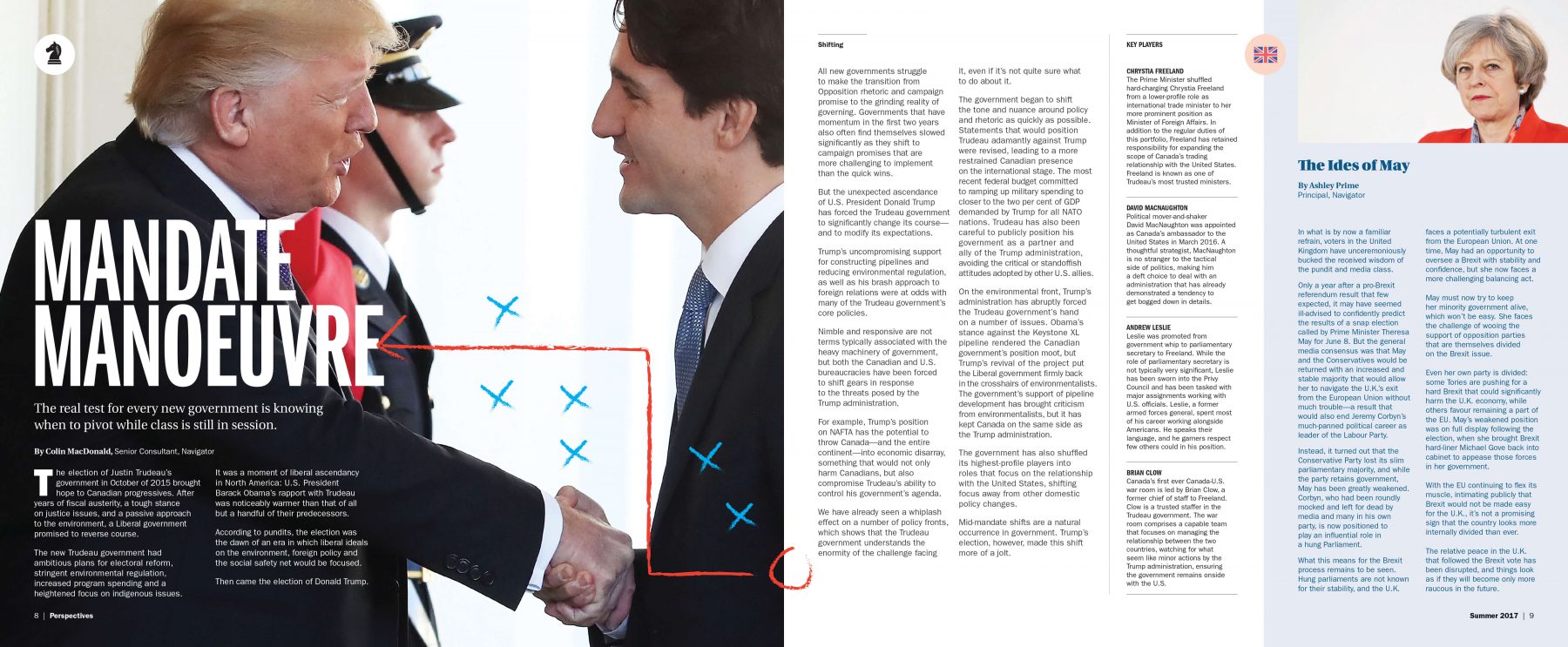- CEOCap
- Jaime Watt’s Debut Bestseller ‘What I Wish I Said’
- Media Training
- The Push Back
- Internship program
- Update Your Profile
- Homepage
- It’s time for a change
- It’s time for a change
- Kio
- Ottawa
- Art at Navigator
- Navigator Limited Ontario Accessibility Policy
- Virtual Retreat 2020 Closing Remarks
- COVID-19 Resources
- Offices
- Navigator Sight: COVID-19 Monitor
- Navigator Sight: COVID-19 Monitor – Archive
- Privacy Policy
- Research Privacy Policy
- Canadian Centre for the Purpose of the Corporation
- Chairman’s desk
- ELXN44
- Media
- Perspectives
- Podcasts
- Subscribe
- Crisis
- Reputation
- Government relations
- Public affairs campaigns
- Capital markets
- Discover
- studio
- How we win
- What we believe
- Who we are
- Careers
- Newsroom
- AI
- Empower by Navigator
- Environmental responsibility

In what is by now a familiar refrain, voters in the United Kingdom have unceremoniously bucked the received wisdom of the pundit and media class.
Only a year after a pro-Brexit referendum result that few expected, it may have seemed ill-advised to con dently predict the results of a snap election called by Prime Minister Theresa May for June 8. But the general media consensus was that May and the Conservatives would be returned with an increased and stable majority that would allow her to navigate the U.K.’s exit from the European Union without much trouble—a result that would also end Jeremy Corbyn’s much-panned political career as leader of the Labour Party.
Instead, it turned out that the Conservative Party lost its slim parliamentary majority, and while the party retains government, May has been greatly weakened. Corbyn, who had been roundly mocked and left for dead by media and many in his own party, is now positioned to
play an in uential role in a hung Parliament.
What this means for the Brexit process remains to be seen. Hung parliaments are not known for their stability, and the U.K.
faces a potentially turbulent exit from the European Union. At one time, May had an opportunity to oversee a Brexit with stability and con dence, but she now faces a more challenging balancing act.
May must now try to keep her minority government alive, which won’t be easy. She faces the challenge of wooing the support of opposition parties that are themselves divided on the Brexit issue.
Even her own party is divided: some Tories are pushing for a hard Brexit that could signi cantly harm the U.K. economy, while others favour remaining a part of the EU. May’s weakened position was on full display following the election, when she brought Brexit hard-liner Michael Gove back into cabinet to appease those forces in her government.
With the EU continuing to ex its muscle, intimating publicly that Brexit would not be made easy for the U.K., it’s not a promising sign that the country looks more internally divided than ever.
The relative peace in the U.K. that followed the Brexit vote has been disrupted, and things look as if they will become only more raucous in the future.
